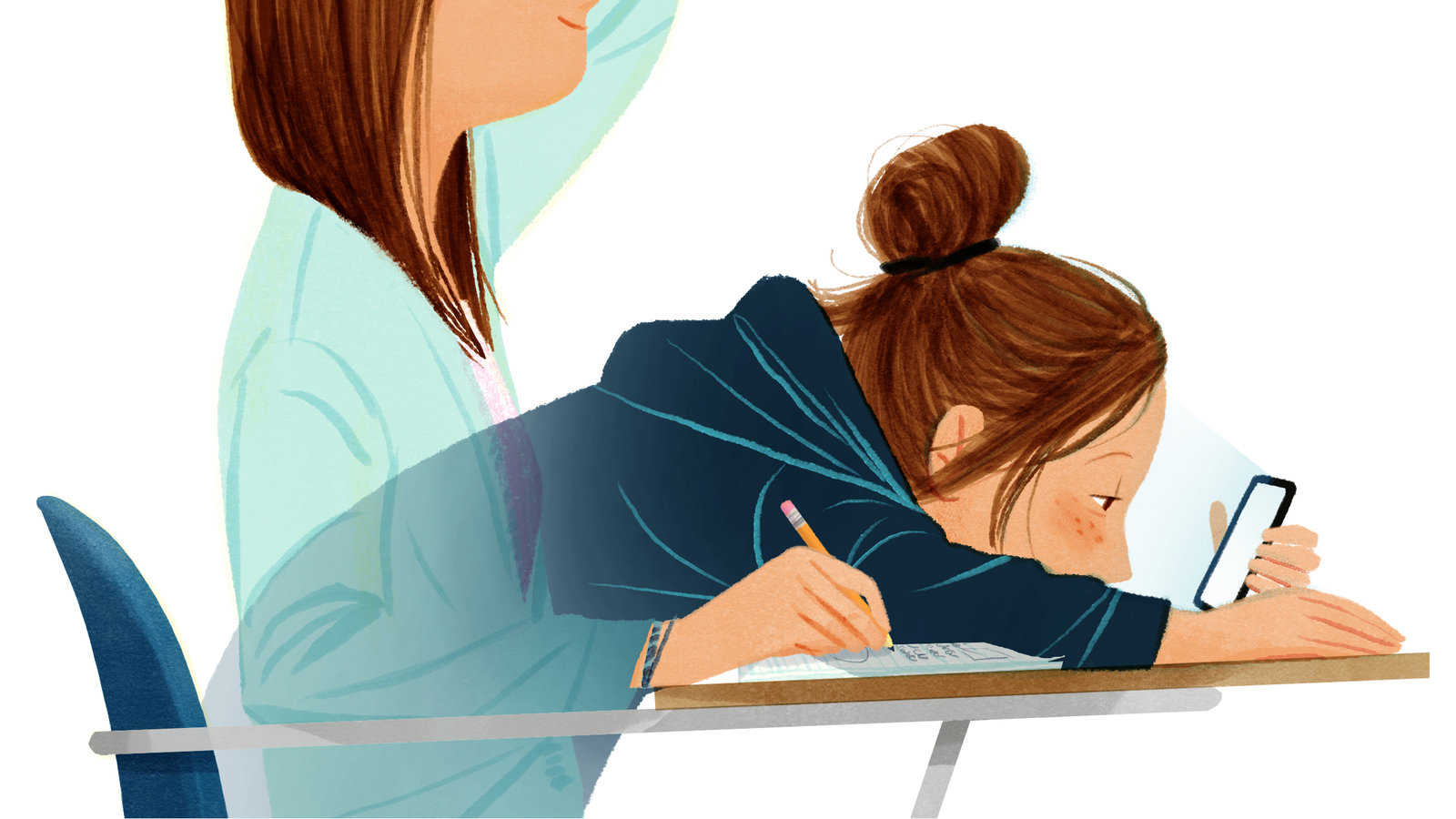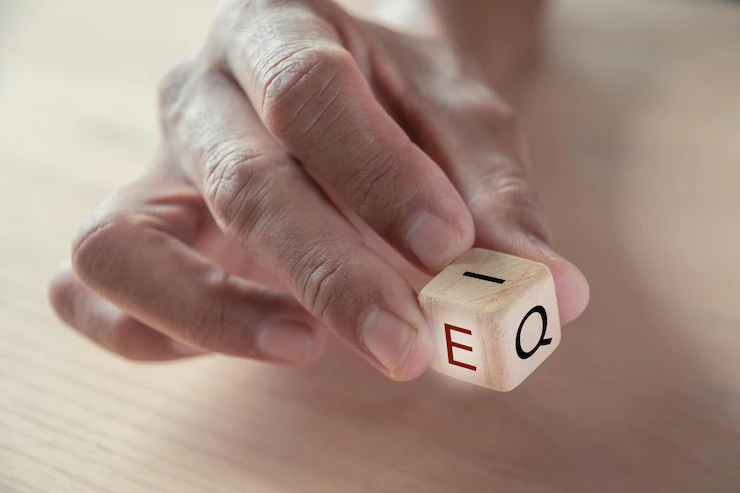Normally, teenagers should have at least 9-10 hours of sleep daily, but nowadays teenagers get only 6-7 hours of sleep. Proper sleep is required every night in order to keep the mind relax and working. Sleep gives energy to the person which helps them to do all the work day long.
Almost all teenagers, as they reach puberty, become walking zombies because they are getting far too little sleep.”
—Cornell University psychologist James B. Maas, PhD, leading sleep expert
Teenage Sleep Deprivation Statistics and Mental Health
A study of close to 5,000 teens found that depression and anxiety symptoms were closely linked with sleep deprivation in teens: Teenagers with depression symptoms got 3.5 hours less sleep on average than the control group. Moreover, sleep deprivation at age 15 increased the likelihood of mental health problems in the ensuing years.
“This longitudinal study confirms what we see clinically—that poor sleep during adolescence can be a ‘fork in the road,’ where a teen’s mental health can deteriorate if not treated,” said study co-author Michael Gradisar.
Recognizing Sleep Deprivation in Teens
- Due to improper sleep of teenager, he/she feels exhausted throughout the day.
- They don’t have the energy to do work.
- They felt sleepy all day.
- Their education also gets affected.
- Irritable mood.
- Lack of tolerance.
- Poor decision-making.
- Memory impairment.
- Both health and mood are affected by irregular sleep patterns.
- Sleeping late on weekends.
- Anger outbursts.
Causes of teenage sleep deprivation
Some of the reasons why many teenagers regularly do not get enough sleep include:
- Hormonal time shift: Puberty hormones shift the teenager’s body clock forward by about one or two hours, making them sleepier one to two hours later. Yet, while teenager falls asleep later, early school starts don’t allow them to sleep in. This nightly ‘sleep debt’ leads to chronic sleep deprivation
- Using screen-based devices: Nowadays teenagers are using gadgets a lot, they are always busy using their smartphones, laptops, pads, etc. They find things interesting and spend all of their time on gadgets using those devices reduced their sleep because they find it interesting and sleep seems to be a boring thing for them.
- Hectic after-school schedule: Homework, sports, and social commitments can cause a decrease in teenager’s sleeping time
- Leisure activities: Entertainment such as television, the internet, and computer gaming can keep a teenager out of bed.
- Light exposure: Light keeps the brain awake. Teenagers use mobiles, watch television, playing games on computers light of these devices prevents adequate production of melatonin, the brain chemical (neurotransmitter) responsible for sleep
- Vicious circle: Insufficient sleep causes a teenager’s brain to become more active.
- Sleep disorder: Sleep disorders, such as restless legs syndrome or sleep apnoea, can affect how much sleep a teenager gets.
Preventing sleep deprivation in teenagers – tips for parents
- Allow your child to sleep in on the weekends.
- Encourage your child to sleep early on Sunday night. A late night on Sunday followed by an early Monday morning will make your child drowsy for the start of the school week.
- Decide together on appropriate time limits for any stimulating activity such as homework or screen time. Encourage restful activities during the evening, such as reading.
- Avoid early morning appointments, classes, or training sessions for your child if possible.
- Help your teenager to better schedule their after-school commitments to free up time for rest and sleep.
- Assess your teenager’s weekly schedule together and see if they are overcommitted. Help them to trim activities if they are.
- Encourage your teen to take an afternoon nap after school to help recharge their battery, if they have time.
- Work together to adjust your teenager’s body clock.
Personal Tips for a Better Night’s Sleep
- Sleep hygiene is a variety of practices that are necessary to have normal quality sleep and is essential to the health of not only adolescents and young adults, but individuals of all ages. The following tips have been shown to be effective at improving sleep hygiene for various ages:
- Get up and go to bed at the same time every day
- Go to bed only when sleepy
- Develop sleep rituals
- Optimize your sleep environment (Keep the room dark,
- Minimize noises, Moderate room temperature)
- Don’t take your worries and responsibilities to bed. If you can’t fall asleep to the point of becoming frustrated, get up and do something relaxing until you feel sleepy
- Limit being in bed to times when you are sleeping, or sick
- Do not watch the clock
- Minimize napping
- Stay away from caffeine, nicotine, and alcohol at least 4-6 hours before bed
- Have a light snack before bed
- Refrain from exercise at least 2 hours before bed
(Sleep HealthCenters)
Conclusion
Teen’s lack of sleep has a great impact on their daily lives. Poor sleep schedules make them irritated, they get easily unrest, felt sleepy all the time, unable to focus on their work. Chronic sleep deprivation can have dramatic effects on a teenager’s life, including affecting their mental well-being and reducing their academic performance at school. Different causes are explained why they are so sleep-deprived. And remedies are also discussed both for parents and teens as well.






I love this blog. Great info!
Jazakillah khair.